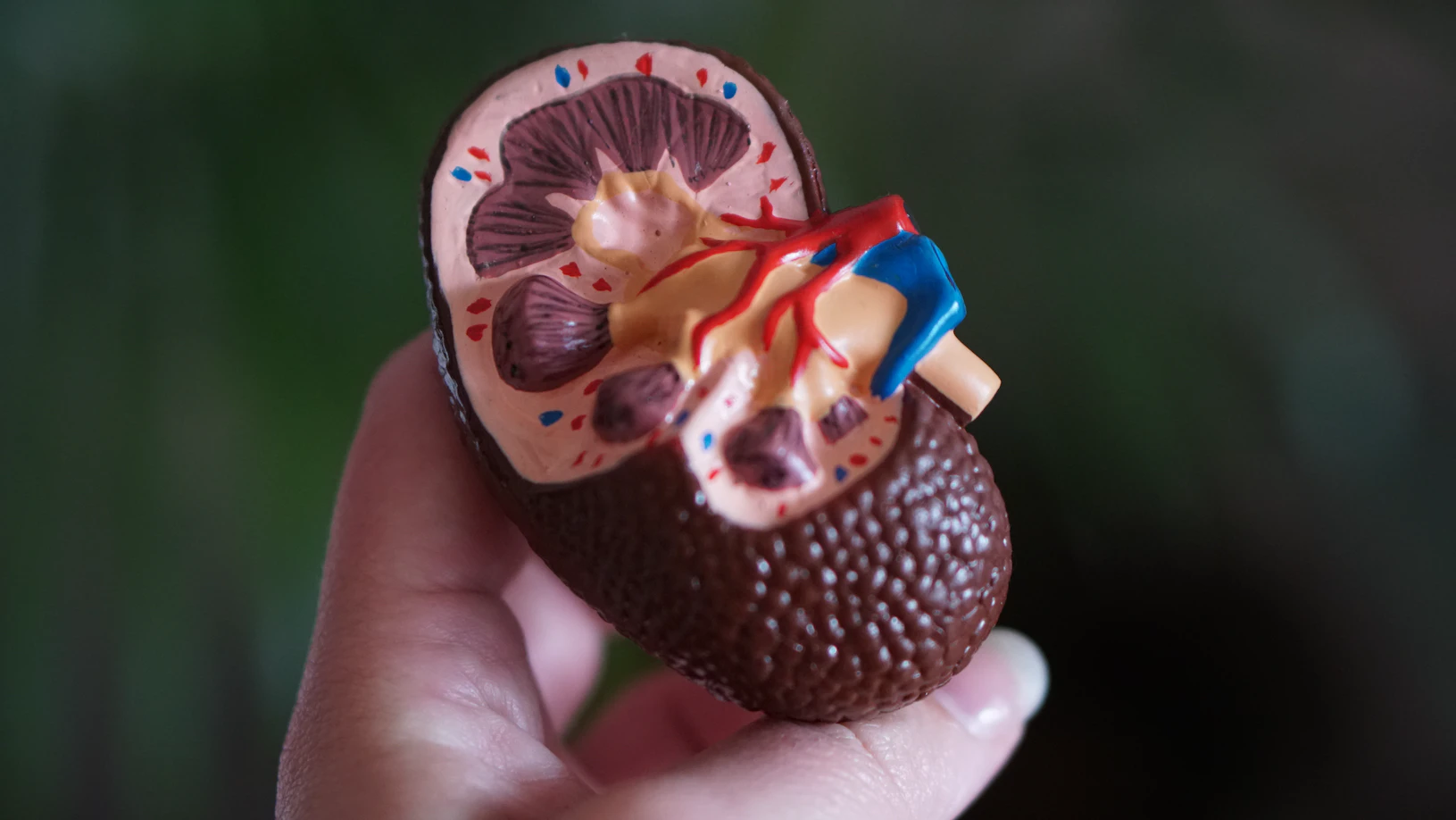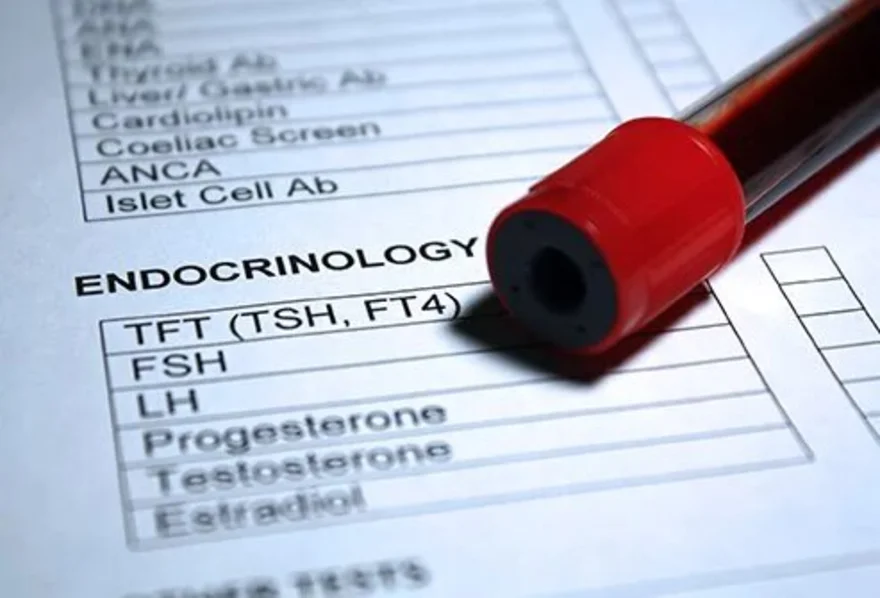kidney disease symptoms
What is Kidney Disease? All You Need To Know
Introduction Chronic kidney diseases affect around 10% of the Indian population. Statistics show that close to 1 lakh cases of renal failure are reported every year. Kidney disease results from kidney damage, making them unable to carry out their functions. This damage can be caused due to high blood pressure, diabetes or other long-term health conditions. Kidney disease can also lead to other health problems, such as nerve damage, weak bones and malnutrition. What is kidney disease? Kidneys are the organs responsible for regulating your body’s pH levels, salt, potassium, and various functions. They are two bean-shaped organs that are usually the size of your fists. Your kidneys carry out three main functions: filtering excess water and waste out of the blood and creating urine. Kidney disease results from kidney damage, making it difficult for them to filter the blood as they should. Here you will understand more about the function of the kidneys and the causes, symptoms, types and treatment of kidney disease. The longer you wait before treating this condition, the more chances it may result in total renal failure. In this case, you would need to undergo dialysis, a form of treatment that helps filter and purify your blood with the help of a machine. As there is no known cure for kidney failure, the individual will have to undergo dialysis for the rest of their life. Types and causes of kidney disease Here is a comprehensive kidney disease list that describes the different types and causes of kidney diseases so that you know the risk and the mode of action required for such conditions. Chronic kidney disease This is one of the most common types of kidney disease. It is a long-term condition that does not improve over time and can result from high blood pressure. This happens because of the pressure applied on the glomeruli (a network of tiny blood vessels in the kidneys that helps purify the blood). Over a period, the increased pressure on these can cause damage to these vessels, which in turn limits kidney function. Ultimately the kidney function declines to the point where the kidneys cannot carry out their function correctly, causing the individual to need dialysis and, in more severe cases, a kidney transplant. Diabetes is another major cause of chronic kidney disease. In this case, the increased sugar level in the blood causes the blood vessels in the kidneys to get damaged over time. The kidneys cannot clean the blood properly, so the body can get overloaded with various toxins. Kidney stones Another common problem is the presence of kidney stones. This disease occurs because substances like minerals crystallise in the kidneys and form solid masses, also known as stones. When urinating, these stones are often dispelled from the body, but the process can be significantly painful. Polycystic kidney disease This genetic disorder often results in the growth of multiple tiny sacs of fluid known as cysts in the kidneys. These cysts can interfere with the kidneys' optimum functioning, resulting in kidney failure. Note that individual kidney cysts are relatively common among individuals and can be harmless. It is only polycystic kidney disease that can be life-threatening. Glomerulonephritis Glomerulonephritis is a kidney disease in which the glomeruli get inflamed. This is usually caused due to drugs, infections or congenital abnormalities. It usually gets better on its own. Urinary tract infections Urinary tract infections are caused because of bacterial infections in the urinary system. This kind of infection is usually seen in the urethra or bladder. They are easy to treat but, if left untreated, can also cause kidney disease. symptoms of Kidney disease Kidney diseases may go unnoticed as their symptoms are less noticeable than other diseases. However, if left without treatment, it can have severe consequences. Here are a few early kidney disease symptoms. Fatigue Trouble sleeping Muscle cramps Dry and scaly skin Swelling in ankles and feet Poor appetite Morning puffiness around the eyes Frequent urination Difficulty concentrating Severe kidney disease symptoms may include: Nausea Vomiting Changes in the output of urine A sudden rise in your potassium levels Pericardium inflammation Decrease in sex drive Fluid retention Anaemia Treatment for kidney disease Treatment for any kidney disease involves trying to control the underlying cause of the disease. The treatment options include: Medications Your doctor might prescribe several medications in the case of kidney disease based on the cause, these include: Angiotensin-converting enzyme inhibitors or angiotensin receptor blockers help lower blood pressure A phosphate if your kidneys are having trouble eliminating phosphate A diuretic to eliminate the excess fluid build-up Medicines that help reduce cholesterol levels Vitamin D and calcitriol for bone preservation Erythropoietin helps build red blood cells in patients with anaemia Changes in diet and lifestyle Those with reduced kidney function need to preserve the remaining function so that it can last for longer. Here are a few diet and lifestyle changes you will have to make in your diet and lifestyle Make regular doctor visits Manage your blood sugar levels in case of diabetes Avoid the consumption of painkillers as other non-essential medicines Choose a kidney-friendly diet with limited proteins, sodium and potassium Be more active Don't smoke Try and remain at a weight that is healthy for you Dialysis As there is no known cure for kidney disease your healthcare provider will suggest dialysis when you are in the end stages of kidney disease. There are two main types of dialysis: Hemodialysis: In this case, the blood is circulated through a device that helps get rid of excess waste products before the blood is sent back to the body. Peritoneal dialysis: Here a dialysis solution is placed directly into the abdomen with the help of a catheter. This solution absorbs the waste and can be removed using the same catheter before adding a fresh solution. Book Kidney Function Test Conclusion The kidneys carry out the essential job of waste and excess fluid from the body. When your kidneys stop functioning optimally, they can cause several health issues. Regular health checkups and blood tests help to keep track of your health. You should go the extra mile to get blood and urine tests done if you suspect you may have kidney disease. Metropolis Labs helps their customers with at-home sample collection so that you can keep up with your health from the comfort of your home. Metropolis Healthcare assures accurate results within 48 hours of sample collection. Check out the entire list of diagnostic tests provided to find the ones you need.
Could you need a Kidney function test? Find out here
Your kidneys are two bean-shaped organs, located just below the rib cage, near the middle of your back. Each of them is about the size of your fist. The kidneys help your body remove waste and extra water from the blood in the form of urine, reabsorb nutrients and maintain the balance of ions and electrolytes (such as sodium, potassium, and calcium). Moreover, they are also involved in producing hormones that help in controlling blood pressure and stimulating bone marrow to produce red blood cells. Help your kidneys stay healthy with regular monitoring. Book a kidney function test here. Kidney disease is more common than you think! Chronic kidney disease (CKD) is being identified as a leading public health problem globally. The worldwide prevalence of CKD is estimated to be around 13.4%. Between 4.902 and 7.083 million people affected with end-stage kidney disease (ESKD) are in need of kidney replacement therapy. Earlier older people were more commonly diagnosed with kidney conditions. But nowadays, it is not uncommon for young adults to develop them, say health experts. How can you assess your risk of getting a kidney disease? Certain risk factors can increase your chances of developing a kidney disease. People who have an increased risk of kidney-related problems should get their kidneys tested more often so as to spot any condition early on and start with the treatment. Here are top 6 questions to ask yourself to know if you need a kidney function test: Do you have a family history of kidney disease? Family history is a strong predictor of having kidney disease. People whose family members have been diagnosed with end stage kidney disease were found to report an increased prevalence of chronic kidney disease. If you are unsure about your family history of kidney disease, ask and get to know. Are you over 30 years of age? Just like other organs, your kidneys also age as you age. Even in people without kidney disease, glomerular filtration rate (GFR) declines with advancing age. What does GFR mean? It is a very important test that checks how well your kidneys are working. To be more specific, GFR values estimate how much blood passes through the tiny filters in the kidneys (glomeruli) every minute. A normal GFR value is 60 or above. If your GFR is below 60 for three months or more, your kidneys may not be functioning well and you may need to consult an expert and get tested more often as advised. A GFR less than 15 may indicate the need to get started on dialysis or have a kidney transplant. Is your blood sugar levels high? Diabetes that causes high blood sugar levels is the leading cause of kidney failure. It accounts for 44% percent of new cases. Uncontrolled diabetes can lead to damage to blood vessels in your kidneys. Over time, this causes kidney failure. People with diabetes should be vigilant of their blood sugar status. Do you have high blood pressure? High blood pressure causes your heart to work harder. In fact, it leads to damage to blood vessels over time. Arteries around the kidneys get narrowed, weakened or hardened due to high blood pressure. This results in inability of these arteries to deliver sufficient amounts of blood to the kidney and causes damage to the kidneys. In general, it is important to keep blood pressure below 130/80 to prevent kidney damage. Apart from high blood pressure, other conditions including stroke, heart attack, or heart failure can also increase your risk of getting your kidneys damaged. Are you overweight or obese? Obesity is a potent risk factor for kidney disease. It increases the risk of developing major risk factors for chronic kidney disease (CKD), like diabetes and hypertension. Moreover, it has been seen to have a direct impact on the development of end-stage renal disease. Do you smoke? (and not even trying to quit) As per some reports, people who smoke are three times more likely to have reduced kidney function than people who don’t smoke. Smoking causes hardening of arteries and impedes the blood flow to the kidneys. Also, it can make an existing kidney disease worse. Early kidney disease is a silent problem So, pay attention! You may have kidney disease and do not have any symptoms, especially in the early stages. It might happen that your condition is progressing but you do not feel ill. Some other people can only experience mild symptoms like nausea, fatigue, etc. Hence, it is important to beware of your risk of kidney problems and get yourself tested from time to time. Check with your doctor as to what the kidney test results mean and if you need any medical intervention.Looking to book a comprehensive health package? Get 32 parameters checked TruHealth Master Test here.
 Home Visit
Home Visit Upload
Upload
















 WhatsApp
WhatsApp